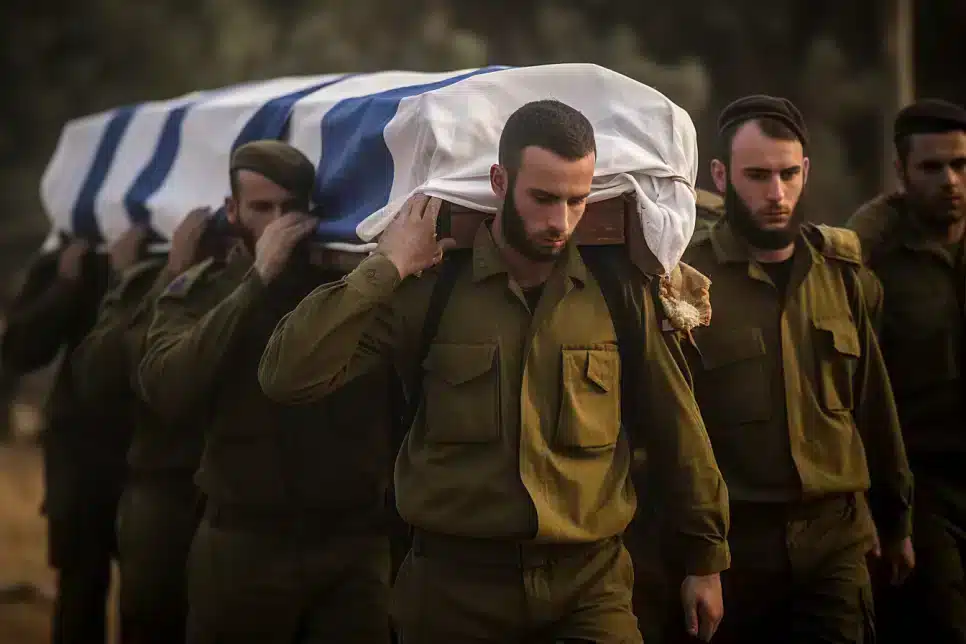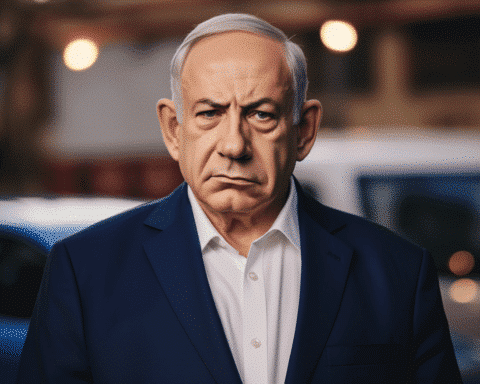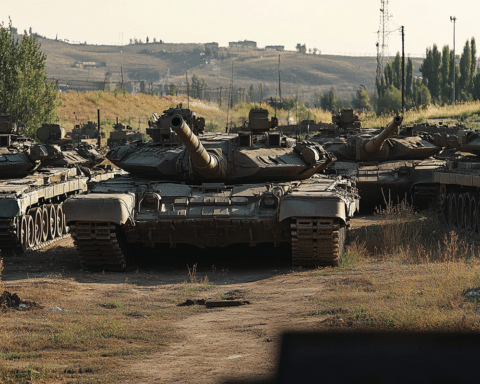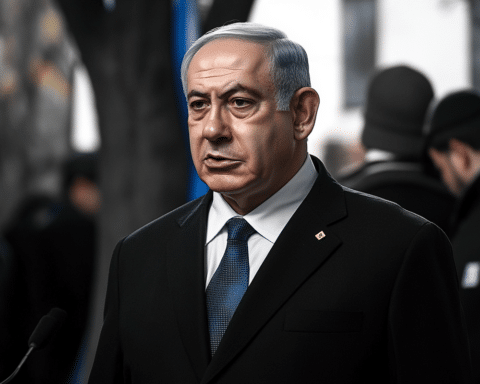In a shocking escalation of the ongoing Gaza conflict, Israeli forces suffered their most significant loss since the war’s onset. On Tuesday, the Israeli military confirmed that 21 of its soldiers were killed in a devastating attack by Palestinian militants. This tragic incident marks the deadliest single assault on the Israeli military since the conflict began, overshadowing even the Hamas raid that initially triggered the war. Amidst this turmoil, Israeli Prime Minister Benjamin Netanyahu mourns the loss yet remains steadfast, pledging to continue the offensive until “absolute victory.”
The attack, utilizing a rocket-propelled grenade, not only claimed the lives of these soldiers but also triggered the explosives they were setting up, compounding the devastation. Following this incident, the Israeli military reported significant advancements, including the encirclement of Khan Younis, Gaza’s second-largest city. However, questions linger about how these advances will aid in achieving Israel’s primary goals: defeating Hamas and rescuing Israeli hostages.
In response to the escalating situation, Prime Minister Netanyahu expressed his sorrow over the loss but resolved to press forward. “We are in the middle of a war that is more than justified… and there are also hefty losses,” he stated, acknowledging the challenges while reinforcing his commitment to the military objectives.
The ongoing conflict has not only resulted in high military casualties but has also led to widespread destruction and humanitarian crises. Reports indicate that about 85% of Gaza’s population has been displaced, and a significant portion faces starvation. Complicating matters, regional support for the Palestinians has manifested in attacks against U.S. and Israeli targets by Iran-backed groups across the Middle East.
As the death toll rises and the situation becomes increasingly dire, international pressure is mounting for a cease-fire. This pressure is not just global but also internal, with Israeli families of hostages advocating for a resolution. Despite these pressures and proposals for a cease-fire, including a recent Egyptian offer involving a hostage exchange, Hamas remains intransigent, demanding a complete withdrawal from Gaza.
The conflict’s intensity is evident in the heavy fighting around Khan Younis, with reports of hospitals being unable to function and thousands fleeing the area. The Israeli belief that Hamas commanders are using hostages as human shields and hiding in extensive tunnel networks adds complexity to the situation.
The tragic loss of 21 Israeli soldiers in a single attack not only marks a sad milestone in this prolonged conflict but also underscores the complexity and intractability of the situation. The path forward remains uncertain with increasing international and domestic calls for a cease-fire yet persistent challenges in achieving core military objectives. As the world watches, the hope for a peaceful resolution grows, yet the realities on the ground in Gaza and Israel paint a stark and turbulent picture.




